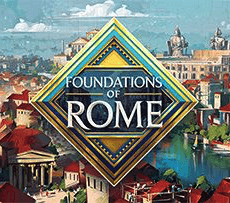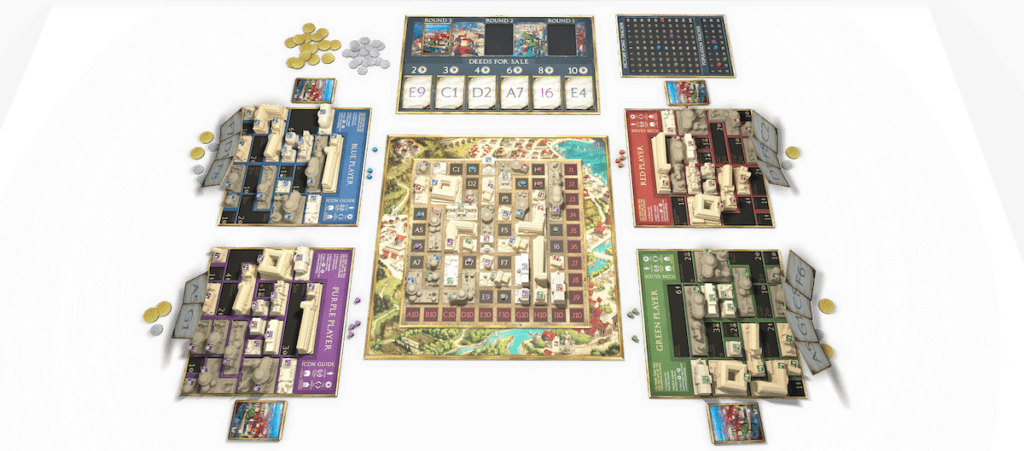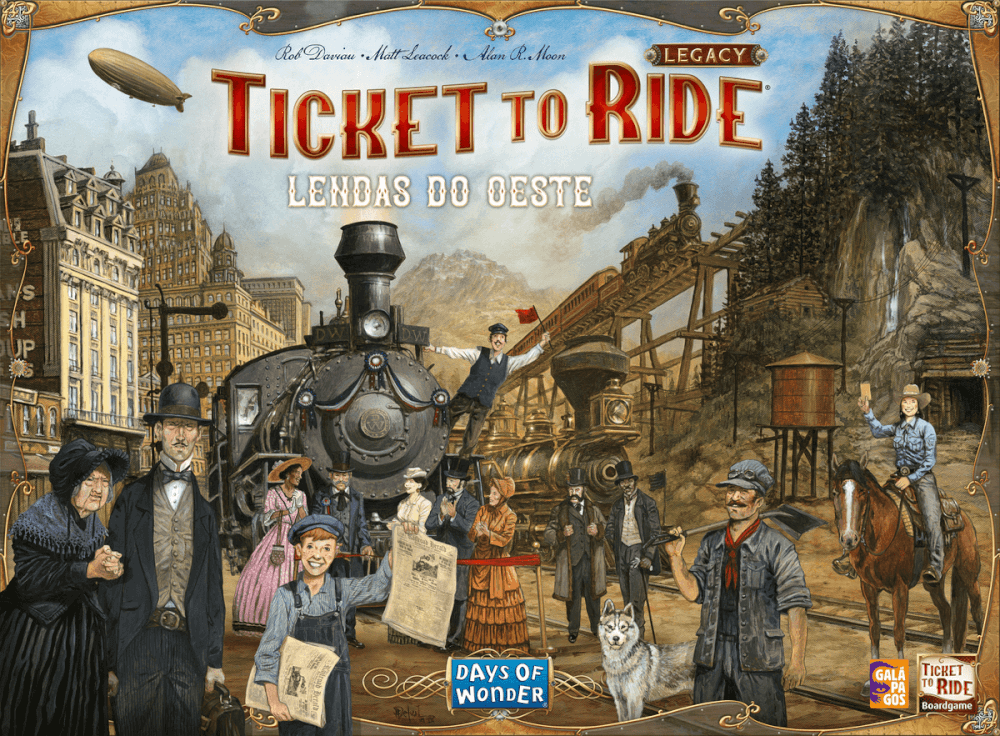
Foundations of Rome
Foundations of Rome is an exciting board game where you take on the role of an architect in ancient Rome, competing to conquer land and erect impressive structures. Embark on a journey of construction, where every decision influences the growth of the city and your own reputation. During your turn, you can acquire new plots, erect grandiose buildings in the vibrant shared city or collect income, always with the aim of increasing your notoriety. The diversity of options allows you to create a unique strategy and stand out from your opponents. Accumulate Glory Points at the end of each round, based on the population you attract and the commercial activities you promote. What's more, your skill in constructing civic buildings will earn you glory not only for your own works, but also for those of your opponents, making every move crucial in the race for fame. With a quick setup and easy-to-understand rules, Foundations of Rome invites players to immerse themselves in the grandeur of the Roman empire and fight for a prominent place in its history. Get ready to leave your mark on one of civilization's most glorious periods!Artists: Stephen Gibson;
Designers: Emerson Matsuuchi;
Date: 2022
Note: 7.4
Mechanics: Fitting Parts, Movement in Grids
Topics: Economy / Production, History
Table of Contents
- How to Play
- Tips for playing
- Game mechanics
- Game components
- Additional Information
OBJECTIVE OF THE GAME

Tips for playing
Here are some tips for doing better in the game Foundations of Rome:
- Concentrate on getting adjacent land early; this maximizes the options for building larger structures.
- Plan your lot purchases to block opponents from finalizing their own business districts.
- In the development phase, prioritize buildings with stores and fields for a constant gain in income and territorial influence.
- Keep track of which lot cards have already been bought to better predict your opponents' moves.
- Use the Market frequently to turn seemingly useless land into strategic opportunities.
- Be careful not to overestimate the construction of monuments; sometimes several smaller structures can yield better bonuses in the long run.
- Keep an eye on the board and adjust your strategy as the spaces are filled.
- Consider the end-game scoring potential when choosing whether to expand or optimize an existing district.
Video about the game
GAME mechanics
- Fitting Parts: In "Foundations of Rome", players acquire properties on the board, which represent plots of land in ancient Rome. The pieces that occupy these properties are buildings, ranging from small homes to large public monuments. The placement of the pieces is essential to maximize the score, as different types of buildings provide different benefits and roles, such as residences that offer victory points, temples that increase the value of adjacent areas, and shops that generate additional income. The layout and choice of buildings placed define the player's strategy.
- Movement in Grids: The game board is divided into a grid made up of blocks representing the space available for construction. Movement or, more precisely, the placement of buildings must follow this grid, respecting the properties acquired. Each move must take into account the limited space available and strategic opportunities to block opponents or maximize the value of buildings. Planning along this grid allows control of strategic areas on the board, influencing the acquisition of more properties and domination of specific regions.
Game components
See all the items in the game below Foundations of Rome:
- 1 Rulebook
- 120 Miniature buildings
- 19 Miniature monuments
- 7 Player trays
- 100 ownership letters
- 48 Coins
- 40 Terrain markers
- 30 Monument indicators
- 10 scoring cubes
- 5 Auxiliary cards
- 19 Monument maps
- 1 First player marker
- 10 Influence sheets
- 18 Goal cards
- 20 Innovation letters
- 15 character cards
- 1 Cooperative Module "Will of the Council"
- 1 Property board
- 1 Scoring board
- 1 City board
Additional Information
- Ludopedia link: https://ludopedia.com.br/jogo/foundations-of-rome
- Link Tabletopia:
- Amazon Brazil link: Comprar Foundations of Rome
- Amazon USA link: Comprar Foundations of Rome


